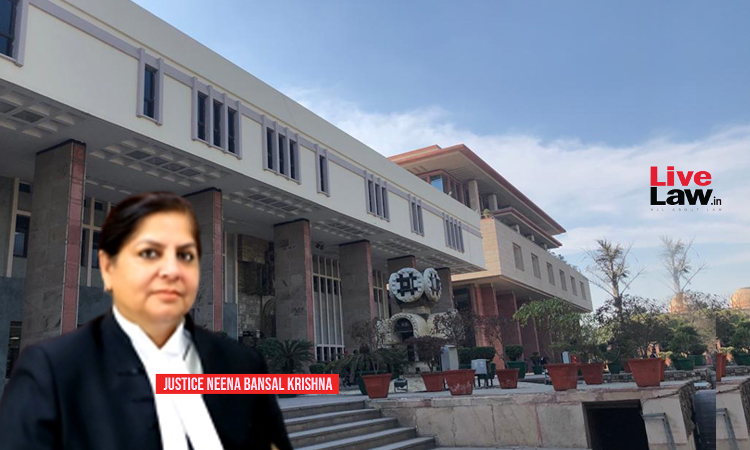Court Has No Jurisdiction To Review Order Passed Under Section 11 of A&C Act: Delhi High Court
Parina Katyal
11 Jan 2023 8:00 PM IST

Next Story
11 Jan 2023 8:00 PM IST
The Delhi High Court has reiterated that orders passed in an application filed under Section 11 of the Arbitration and Conciliation Act, 1996 (A&C) cannot be reviewed since there is no provision of review contained in the A&C Act. The bench of Justice Neena Bansal Krishna, while dismissing a review petition filed against the arbitral reference made under Section 11, held that...
